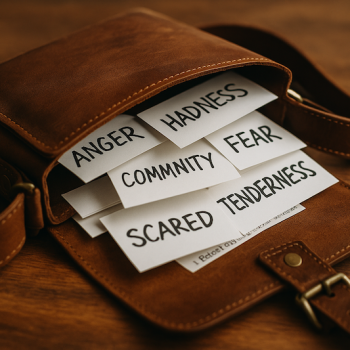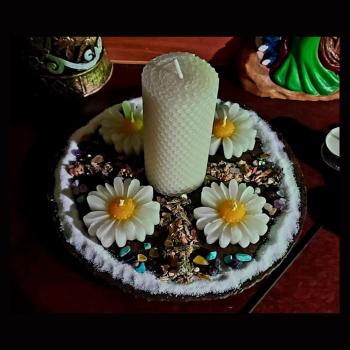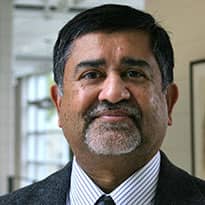There is a lot more in the report but let me focus on the above. We are told that American officials discussed with political leaders and others concerns about harassment of minorities and missionaries. There is no mention that these officials expressed any concern about the majority community being harassed, discriminated against, killed, or maimed. For example, in late 2010 Hindus were attacked in the Deganga district of West Bengal. Indian newspapers, following a self-imposed rule, never mentioned who attacked whom with what consequences. In the case of the Deganga riots, Hindu families were attacked and uprooted from their homes, Hindu men and boys killed, and women raped by their Muslim neighbors as they were egged on by a Muslim legislator. It is the rare Indian journalist who will stick his or her neck out to report that Hindus were targeted and attacked. The State Department report is mum about this as if it does not matter what happens to Hindus in India.
Regarding Christian missionaries, posing as tourists and traveling on tourist visas, there is enough evidence about the havoc they cause in India as they traverse the country with money in their pockets and dreams in their heads of planting churches and converting Hindus. There is a reason that India provides different types of visas, just as the U.S. does. Trying to shame the country by reporting that missionaries have been harassed or denied visas is one way of keeping the pressure on.
As to the banning of cow slaughter, the State Department officials fail to note that the banning of cow slaughter is included in Article 48 of the Indian Constitution! Of course, one can argue that by seeking to ban cow slaughter India deprives its Muslims, Christians, and Dalits of their right to eat cows. But there is a reason as to why cow slaughter is sought to be banned: the cow is considered sacred by Hindus, and that sentiment is millennia old. Dog meat trade is illegal in the U.S. and many parts of the world. Other animals are protected by national, regional, and international conventions. Based on that rationale, why should it not be legal in India to ban cow slaughter? Anyway, why should the ban on eating cow meat be considered a restriction of religious freedom? Does it say in the Quran, in the Bible, or in any religious texts of the Dalits that the eating of beef is religiously mandated? This conflation of a cultural tradition or habit with religious freedom is an example of either the sheer mendacity of the State Department officials who compile the annual reports or their vast ignorance about matters cultural and religious.
Regarding anti-conversion laws, it is important to understand some of the basic ideas about religion and religious freedom to understand the nature of the problem in India. What we believe is religion and faith differs between the Indic traditions (Hinduism, Buddhism, Jainism) and the Abrahamic traditions (Christianity, Judaism, Islam). If we make a monopolistic claim on God, and if we believe only our faith is "true," how we approach others and what we wish to convince them about will change/differ.
Some scholars, like S. N. Balagangadhara and his student Jacob De Roover have argued that unless we understand the difference between religions and cultural traditions, we will not be able to deal with the problem of religious conversion and religious conflict. They say that there is a false assumption that a variety of cultural traditions must be understood as religions. When we put both a monopolistic and prophetic religion and a set of cultural/spiritual traditions in the same box, we then have the problem of religious conversion, which then becomes a "common problem" across nations, cultures, and traditions.
The second false assumption is that religions are rivals—not rivalry of any sort, but a competition "between the teachings, doctrines or belief systems of the two religions in question." If Christians claim to have truth on their side, and God on their side, then the natural corollary is that I have various devils and falsehoods in my camp! So, my claim to my own God/s and truths are "false," and I am a rival who has to be defeated. For the "religions of the book," true religion has existed since the creation of humanity, but degenerated over time, to be rescued either by Christianity or Islam. This rivalry, based on truth claims, is then transferred to other cultural traditions, and Christians and Muslims therefore believe that all the other "religions" are their competitors.
:::page break:::




